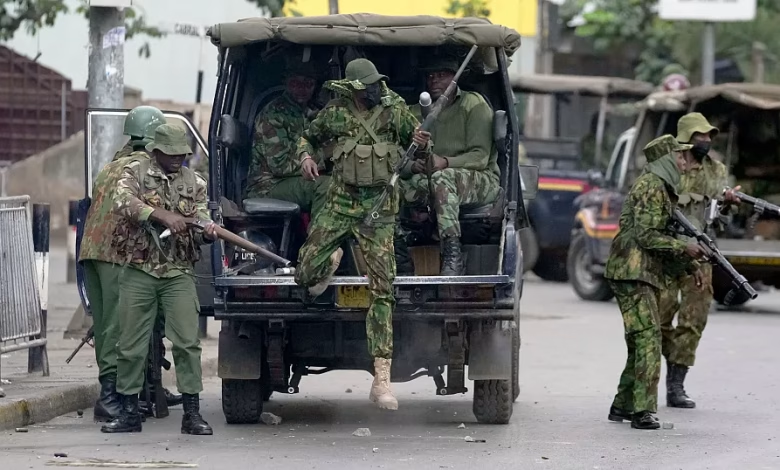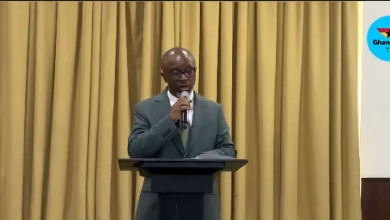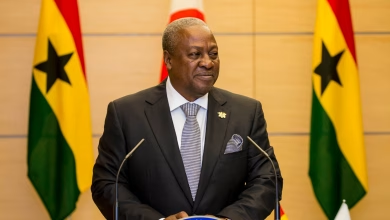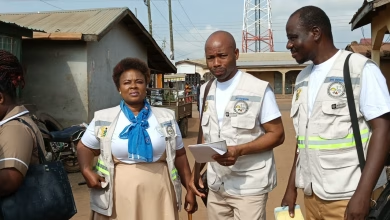Nairobi on Lockdown Ahead of Saba Saba Protests

- Major roads into central Nairobi closed ahead of July 7 (Saba Saba) protests
- Demonstrations led by youth calling for good governance and justice
- Civil society groups allege collusion between police and violent gangs
Kenyan security forces have sealed off all major roads leading into central Nairobi ahead of the nationwide Saba Saba protests, scheduled for Monday, July 7.
The usually bustling city centre is eerily quiet, with most businesses closed and a strong security presence patrolling the streets. Some schools have advised students to remain at home for safety. Hundreds of commuters and overnight travelers were left stranded at roadblocks, some more than 10 kilometers (six miles) from the city, as only a limited number of vehicles were permitted through.
Key routes within the city—including access to major government buildings like State House and the Kenyan Parliament—have been fortified with barricades and razor wire.
In a statement released Sunday evening, the police emphasized their constitutional mandate to safeguard life and property while maintaining public order.
Monday’s protests, known as Saba Saba (Swahili for “7/7”), commemorate Kenya’s 1990s struggle for multiparty democracy. This year marks the 35th anniversary of the movement that challenged decades of one-party rule under former President Daniel arap Moi. The government’s response at the time was severe—numerous protesters, including veteran politician Raila Odinga, were detained and tortured, and at least 20 people were reportedly killed.
Today, Saba Saba remains a powerful symbol of resistance and democratic activism in Kenya.
This year’s demonstrations, largely youth-led, are calling for good governance, increased accountability, and justice for victims of police brutality. They follow a series of anti-government protests that began last year.
On June 25, at least 19 people were killed during nationwide protests held in memory of those who died in previous demonstrations against tax hikes. That day also saw widespread looting and destruction of property.
Recent protests have been marred by violence, with reports of “goons” infiltrating crowds to loot and attack demonstrators. Civil society groups have accused the police of working in collusion with these groups—allegations the police have denied.
On Sunday, tensions escalated further when an armed gang stormed the offices of the Kenya Human Rights Commission in Nairobi. The NGO had been hosting a press conference led by women demanding an end to state violence ahead of the planned protests.
As the nation marks this symbolic day, the atmosphere remains tense—reflecting the enduring struggle between civic resistance and state authority in Kenya’s democratic journey.






